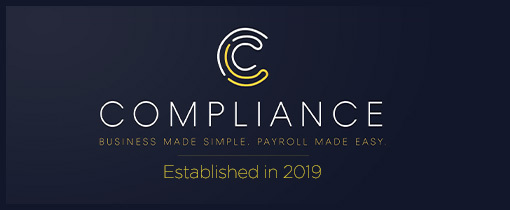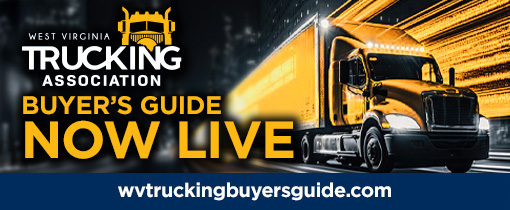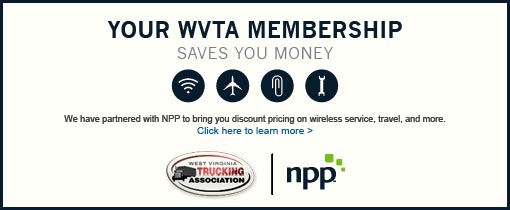Legislative Summaries
Stay Up to Speed on West Virginia Legislative Action
Every year, the legislature tackles a wide range of bills—from transportation funding to regulatory reform. Dive into our annual legislative summaries to understand how these developments impact the trucking industry and your bottom line. Click through to get the full breakdown and stay informed.
Editorial: Continuing to Do Business
Keeping trade moving among the United States, Mexico and Canada helps keep the wheels turning for U.S.-based operations.
Powered by Versicherungsvergleich

The leading voice for the trucking industry in West Virginia, committed to safety, efficiency, and growth.







